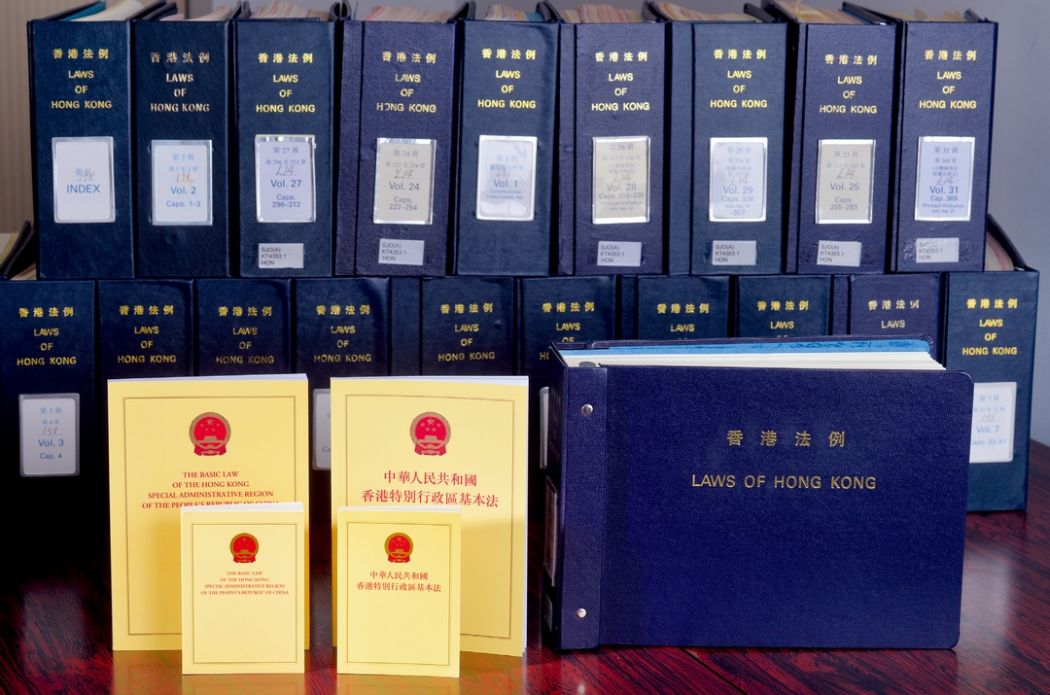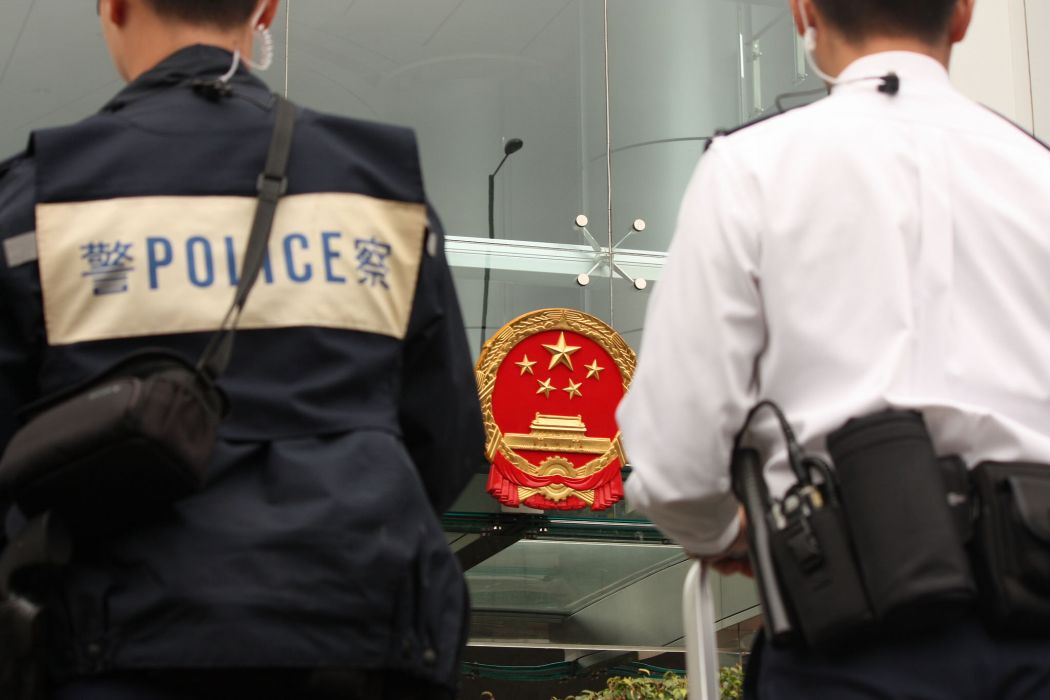Goodness so much ethical advice! One might think, at the risk of giving some offence, that the head of China’s Liaison Office in Hong Kong was channelling the Dalai Lama.
Our Legislative Council, said Mr Wang Zhimin in a visit to the chamber, should cherish rationality, togetherness and patriotism as “core values.” Mr Wang also opined that all Hongkongers treasured stability and harmony.
One item missing from Mr Wang’s lexicon of praiseworthy values: truthfulness. This is just as well, because he seems to have some problems in the area of this item.

Earlier in the week he achieved territory-wide headlines with the observation that “Hong Kong is the only place in the world without national security legislation.” The obsequious English-language media termed this a “harsh comment”. But it is not a comment at all. It is a statement of fact, which can be investigated to see whether it is true or false.
This is easier if you separate it into two parts. The first part is the assertion that every place in the world outside Hong Kong has national security legislation.
See also: Reviving Article 23 (Part I): The rise and fall of Hong Kong’s 2003 national security bill
This is the sort of assertion I have been warning would-be journalists about for years. Unless you have diligently researched the 300 or so places which have some sort of separate legal existence it is dangerous to use the word “every”. What this statement means, in the absence of said research, is that you cannot think of a place which does not have national security legislation. And that is not the same thing at all.
In the old pre-Google days the hazard attached to this sort of generalisation was that it might attract the attention of the academic who has made it his life work to study the incidence of national security legislation, and he would write to your newspaper pointing out the places which do not have it.

Having used the word “every” you are then left with no alternative to a humiliating apology. For this reason the word “most” is generally preferred.
Of course in these wired days people who are sceptical about wild generalisations do not have to wait for a learned scholar to pour cold water on them. Is there really no place without national security legislation, I wondered? Only one is needed to demonstrate that Mr Wang was talking through his hat.
And after some thought about likely candidates I found one at the first attempt. The Isle of Man has a separate legal system of its own and also a searchable database of its legislation. It has no national security legislation. This does not seem to be doing it any harm.
See also: Reviving Article 23 (Part II): Old wine in new bottles for Hong Kong’s national security debate
The second part of Mr Zhang’s error lies in the assertion that Hong Kong itself has no national security legislation. I have been battling this error for at least a decade and I thought a year or two ago that I was making progress, because some left-wingers started suggesting that people they disapproved of should be prosecuted for sedition.
Briefly Mr Wang will be less prone to embarrassing mis-statements if he asks a suitably qualified minion to study the Crimes Ordinance (Cap 200) sections 6, 7 and 9-14, followed by the Official Secrets Ordinance (Cap 521).

If you compare the situation there revealed you find that of the items ordained by the notorious Basic Law Article 23 (laws…to prohibit any act of treason, secession, sedition, subversion against the Central People’s Government, or theft of state secrets, to prohibit foreign political organisations or bodies from conducting political activities in the Region, and to prohibit political organisations or bodies of the Region from establishing ties with foreign political organisations or bodies) everything is already covered except for the last bit about foreign political organisations.
Restrictions on links to overseas bodies are certainly not something which everybody has except Hong Kong. On the contrary they are generally found only in countries which are authoritarian, paranoid or both, like Hungary, Poland, Singapore or… well, China.
This sort of thing might well be covered in a law to regulate political parties, but I fear it will be a long time before we see one of those. Chinese Communism is like Judaeo-Christian religions: you are required not only to believe in your God but to disbelieve in all the others. The Party is the Communist Party. Other parties are gatherings of misguided unbelievers and should not be sanctioned by law.
I am puzzled by Mr Wang’s problems with accurate descriptions of our legal situation. Surely before being posted to Hong Kong a senior official will be provided with a detailed briefing, which if not enough to ensure complete persuasion will at least fend off embarrassing errors?

And if not, perhaps a few words from existing members of the Liaison Office staff would not go amiss. They could, for example, advise Mr Qiao Xiaoyang that appeals to the sanctity of the Chinese Constitution do not go down too well here.
This is because Hong Kong people are familiar with the way in which the Constitution is observed and respected on the mainland. Article 35, for example, says that “Citizens of the People’s Republic of China enjoy freedom of speech, of the press, of assembly, of association, of procession and of demonstration.”
Clearly a work of fiction.
